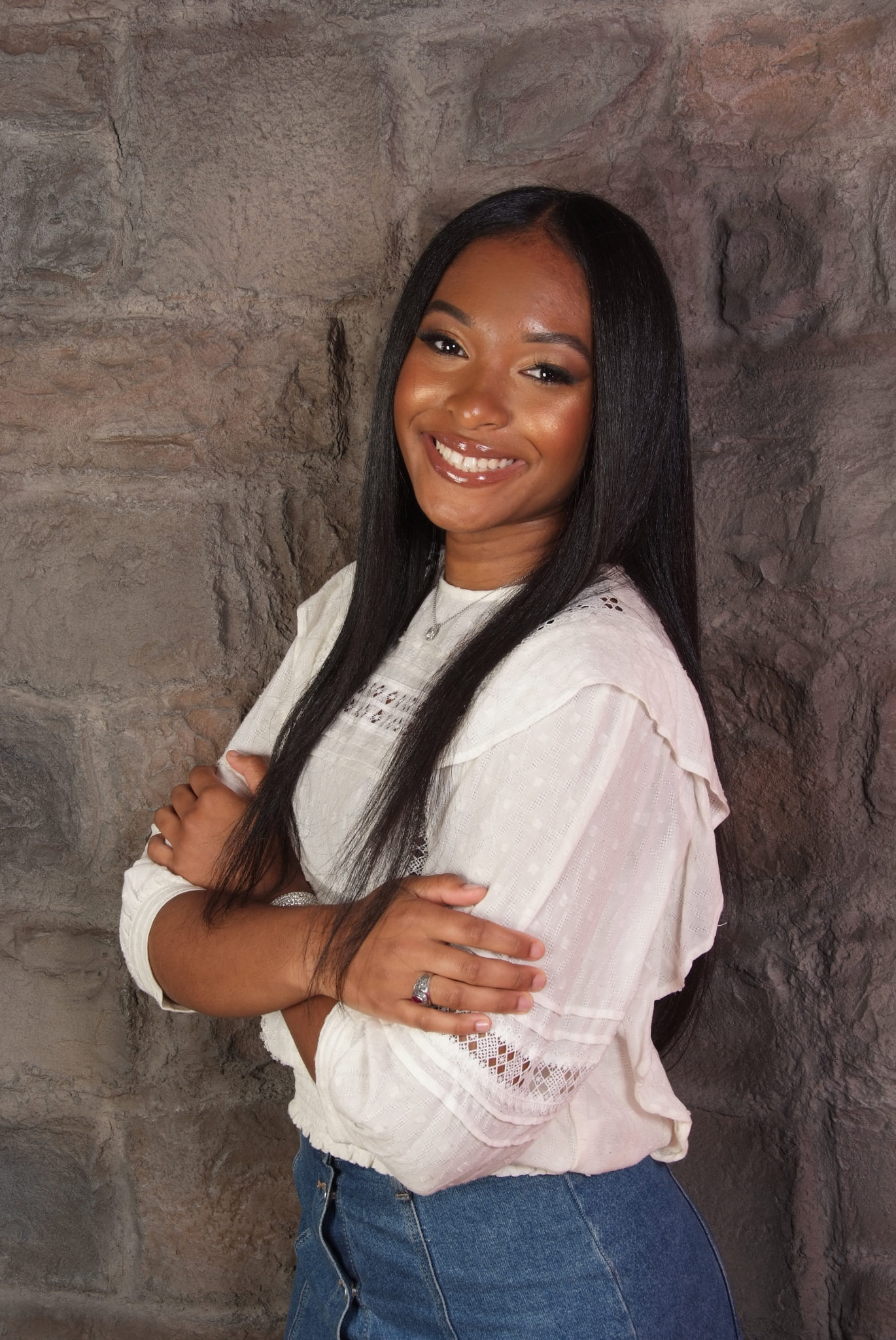
In college, I have often found myself—and still do in some instances—reluctant to share my political views, as they often diverge from the prevailing consensus. Fearful of losing friends or isolating myself on campus, I chose not to engage in political discussions. Where the college experience should immerse students in viewpoint diversity, mine has been quite the opposite. As harmful as this is, it’s the reality for many students at colleges dominated by a particular ideology.
Unfortunately, when someone’s opinion on a political issue deviates from another’s, the conversation often shuts down entirely. I’ve found this to be true of both liberals and conservatives, especially during the 2024 presidential election. However, I believe that as college students, we should be mature enough to engage in respectful discussion and not vilify others for their stance on issues like immigration or foreign policy, for example.
While interning in D.C. last summer, I was invited to attend the National Review Institute’s (NRI) Communicators Workshop, jointly hosted by Braver Angels. Founded by William F. Buckley Jr., NRI hosts the annual workshop to equip undergraduate and graduate students with the skills to debate issues with civility and respect, while identifying common ground without compromising their views. Braver Angels is a nonpartisan organization. Its mission to “bridge the partisan divide” and “strengthen the democratic republic” aligns closely with the workshop’s intent.
Even though polarization can make engaging in political debate hard, I’ve found the Workshop’s Listen, Acknowledge, Pivot, and Perspective (LAPP) approach to “disagreeing better” useful.
Listen
The first skill in the LAPP approach is to listen carefully. In most debates, people tend to prepare their response before fully hearing the other person out. Instead, one should make an effort to internalize the other’s point and genuinely understand their argument. This helps center the discussion and avoid circular reasoning.
[RELATED: Amid Tensions, Sensible Students Push for Civil Discourse]
Acknowledge
The next skill involves acknowledging the other person’s view before sharing your own perspective. Most political conversations fall into the trap of simply trying to prove the other person wrong (e.g., “Candidate X is bad, but Candidate Y is worse”). The principle here is to connect before you disagree—showing them that you genuinely heard their viewpoint. You can do this by summarizing what you understood, without merely parroting their words. For example, if the person you’re debating believes the government needs to address climate change, but you disagree, you might say, “I hear you on climate change—you believe it exists and is getting worse.”
Pivot
After acknowledging their point, you may want to offer a rebuttal. A pivot signals that you are about to share your viewpoint (e.g., “Can I offer my thoughts on this?” or “This is something I’ve thought a lot about.”). If the person seems open to hearing your perspective, then proceed. Rather than immediately negating their point, this approach helps establish that it’s your turn to speak and facilitates a smoother transition into your argument.
Perspective
Finally, offer your perspective. Some of the tips I thought were helpful include:
- I-statements rather than Truth-statements
- “This is how I see it,” as opposed to “This is how it absolutely is!”
- Name your sources
- “I’m basing my view on X, which says Y.”
- Share a life experience or personal story behind your viewpoint
- “I come at this as a child of immigrants…”
- Try to mention something you agree with (if possible).
Employing the LAPP technique, political discussions and debates may help foster greater understanding and find common ground, rather than leading to the dismissal of opposing views or the end of relationships.
Image: “William F. Buckley Jr. outside the White House, May 28, 1969” by Levan Ramishvili on Flickr

Go, Alyza! Keep up the good work! : )
a Braver Angel in Tennessee